Under intense criticism from animal welfare groups and others—and now facing a lawsuit—the U.S. Fish and Wildlife Service (FWS) recently approved a permit allowing three U.S. zoos to import 18 wild elephants from Swaziland.
The elephants—3 males and 15 females ranging from 6 to 25 years old—will go to the Dallas Zoo, Sedgwick County Zoo, in Wichita, Kansas, and Henry Doorly Zoo in Omaha, Nebraska. They’ll be put on exhibit and used for breeding purposes.
On February 9 the Connecticut-based animal advocacy group Friends of Animals went further, filing a lawsuit against FWS in federal court. The suit reads: “[N]ot only was FWS’s decision a devastating blow for these 18 elephants—who now face the possibility of being ripped away from their existing lives in the wild, years of confinement and misery, and mostly likely much shorter lifespans—it was also illegal.” (The organization says it will file a preliminary injunction on February 26 to stop the import.)
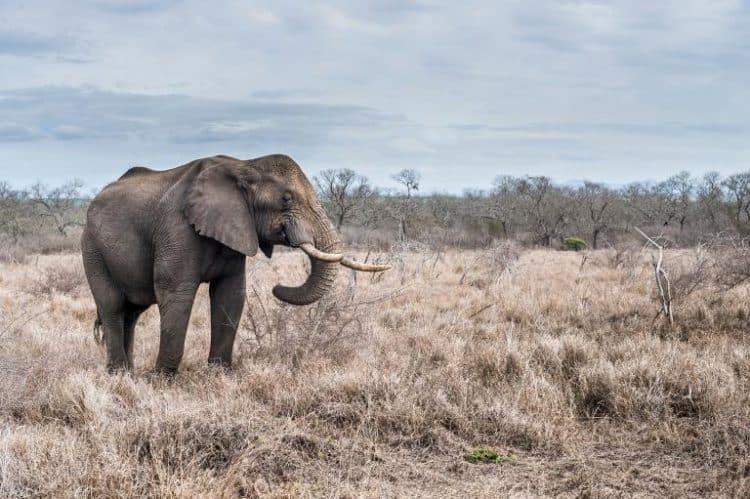
In 2003 the US-based advocacy group Born Free similarly filed a suit to stop the import of 11 elephants from Swaziland into U.S. zoos. That suit failed.
Tim Van Norman, as head of the permits branch at FWS, oversaw the decision to approve the new import. By phone and email he spoke to National Geographic about what considerations were accounted for, whether zoos’ spotty track record of caring for elephants was part of the evaluation, and whether the permit approval was essentially a fait accompli long before it became official.
According to the Federal Register, some 8,000 comments were submitted during the public comment period about this application. How many of those were for or against this import?
Based on our count, there were 7,883 comments. More got put on after the close [November 23, 2015]. 1,094 were supportive. 6,718 were generally opposed.So we’re looking at 85% that were generally opposed.
How much are these opinions considered?
We considered any substantive comments. Comments saying I’m opposed to import without giving concrete reasons why don’t have a lot of weight. Just as those who say they would allow it without a reason why. We considered all the substantive comments.
Tell us what criteria had to be met for the Fish and Wildlife Service to approve the import.
African elephants coming out of Swaziland would be listed as Appendix 1under CITESand “threatened” under the Endangered Species Act. So as such, imports have to meet both CITES and ESA.[CITES—the Convention on International Trade in Endangered Species of Wild Fauna and Flora—regulates global wildlife trade. Species are listed in appendices according to their conservation status, with those on Appendix I needing the highest level of protection.]
Under CITES, a finding had to be made by my office that the import wasn’t primarily for commercial purposes. Also the Scientific Authority [the U.S. CITES authority] had to make a finding that the import would not be for purposes that are detrimental to the species.In addition, the authority would look at whether they would be suitably housed [at the zoos], and if they had the expertise and the housing to maintain the animals.(For more information behind the decision read the Q & A by FWS)
When you say detrimental, you mean the CITES non-detriment finding, which is for a species and not an individual, correct?
Generally, it refers to species as a whole—not the individual animals.
CITES states that the animals shouldn’t be imported for “commercial purposes.” How is this import not considered as for commercial purposes if the elephants are going to zoos?
[The zoos] might have a gate charge for people to come in, but they’re not importing the animals to make a profit. These three zoos are not-for-profit. Every gate fee is going back into the zoo or the efforts they’re conducting. Contrast that to, say, a commercial dealer wanting to bring in an elephant to breed and sell animals.CITES recognizes that there may be some commerciality, but the overall purpose isn’t primarily commercial.
But according to CITES, breeding itself is considered a commercial purpose, isn’t it?
No. Because [the zoos] are not establishing a commercial breeding operation. They’re importing them—the breeding that would occur would be in association with efforts the Association of Zoos and Aquarium would be conducting. So they’re trying to maintain a genetically viable African elephant population in the U.S.
It isn’t unusual to sell animals between zoos, but those sales are not to make a profit per se. They may cover some of the costs.But taking this information as a whole, we determined this was not for primarily commercial purposes.
So we looked at the environmental impact of authorizing the import, or denying it, or the alternative, which was bringingsome portion of the animals. The issue of what impact it was having on the elephants in Swaziland was somewhat out of our control. We looked at whether it was humane—if the transport was humane. But the ethics of having elephants in captivity was out of the scope of our authorization.
Why is that out of your scope?
In the findings we have to make, there isn’t anything that says: How ethical is this?
We want to make sure the animals are humanely treated, but we’ve not been mandated by Congress to consider the ethics of this. We’re looking at whether [the import] is having a negative impact or is detrimental to the species. Are they suitably housed? Are the facilities going to maintain them in a healthy environment? And we rely on the USDA and Animal Welfare Act [AWA] to look at that.
The AWA and USDA have both been criticized for inadequate welfare requirements or oversight of captive animals. Last month a 37-year-old female elephant named Chai was found dead at Oklahoma City Zoo. Malee, a four-year-old, also died there recently. In 2007 Chai’s offspring, Hansa, age six, died at Woodland Park Zoo, in Seattle. And Watoto died there in 2014, reportedly because she couldn’t stand up. With these kinds of statistics, why would FWS approve more elephant imports?
We’re looking at the USDA—and the implementation of the AWA, which deals with care of captive animals—what was their view of the import?Are these zoos permitted under the AWA to maintain these elephants?Certainly APHIS [USDA’s Animal and Plant Health Inspection Service] regularly inspects zoos and determines they are meeting their criteria. So we do rely heavily on their views of this as well. We look at the facilities the institutions have: Do they have staff trained to deal with elephants?
Without a doubt there have been problems at zoos. I can’t tell you, I don’t know all of the details of the deaths that have occurred. That is something USDA/APHIS has addressed.We have to look at the information provided to us and make the decision.
It sounds like what you are saying is that the Fish and Wildlife Service has to follow certain regulations. Do you feel constrained or think this process should be reformed?
We have to abide by the laws given to us. We don’t have the ability to say, “I don’t personally like that so I can’t issue a permit.” That’s an arbitrary decision that won’t stand up in court. Are there gaps? Certainly. Probably there are gaps in every law. There are things, if I had my druthers, we’d do differently. But we produce regulations and put those out for the public to comment. So it’s a very open process. But I don’t particularly feel constrained. This is what’s required.
Mark Reed, director of the Sedgwick County Zoo, said on the morning the permit was approved, “We would never even have done this if we didn’t think we could get the permit.” During a September 2015 press conference, Dennis Pate, director of the Henry Doorly Zoo, said he’d traveled to Swaziland last July, when the 18 elephants were captured. Was this a done deal long ago?
It was not a done deal. We received the application in November 2014. There certainly was discussion prior to that about the permitting process for importing elephants from Swaziland. But until we made our final decision, nothing was final. As far as the service was concerned, it wasn’t a done deal.
Do you have any comment on what Reed said?
I have no comment on what Reed said.
When are the elephants arriving?
I don’t know. I haven’t heard a date. The permits are valid for a year.
Do the zoos have to alert you when the elephants are coming?
They have to communicate to the Office of Law Enforcement, but we don’t have a requirement to have them contact us.
Do you have applications pending for the import of more elephants?
No, as far as pending applications for more elephants, we don’t have any.
This article was first published by National Geographic on 18 Feb 2016.
We invite you to share your opinion whether US zoos should be allowed to import wild elephants from Africa? Please vote and leave your comments at the bottom of this page:
Thank you for voting.
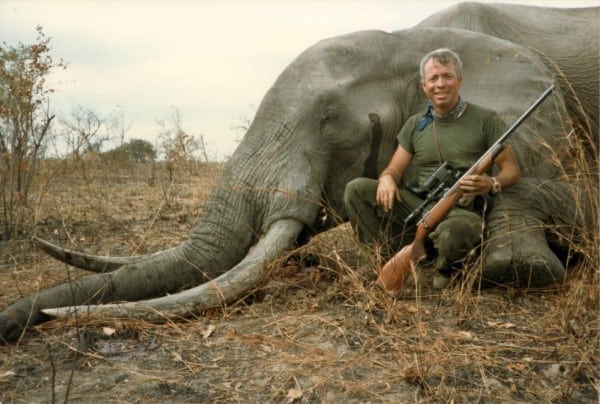
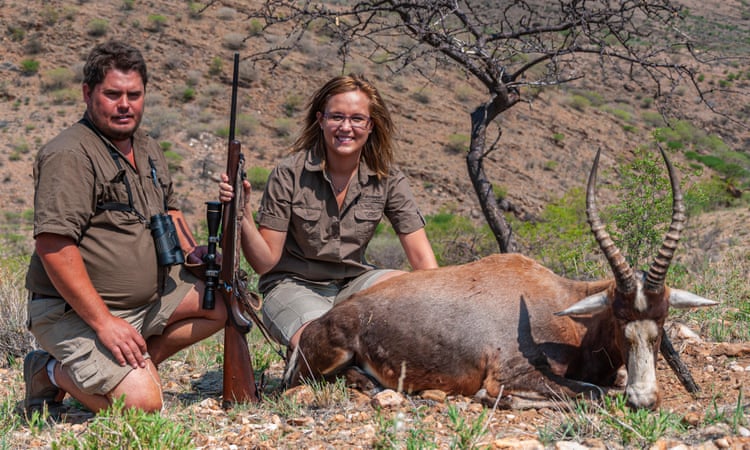

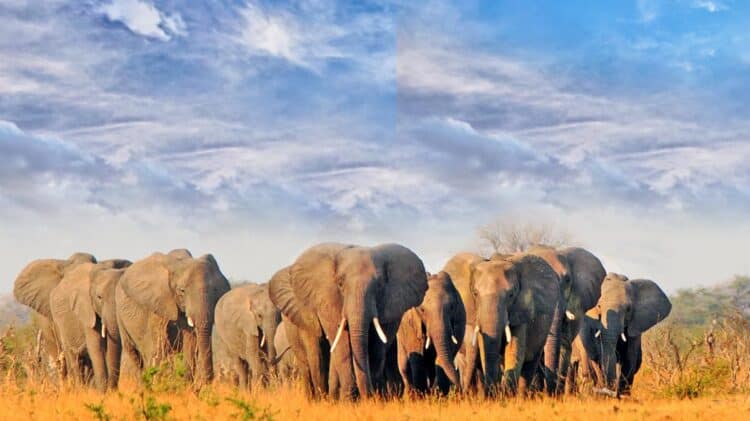
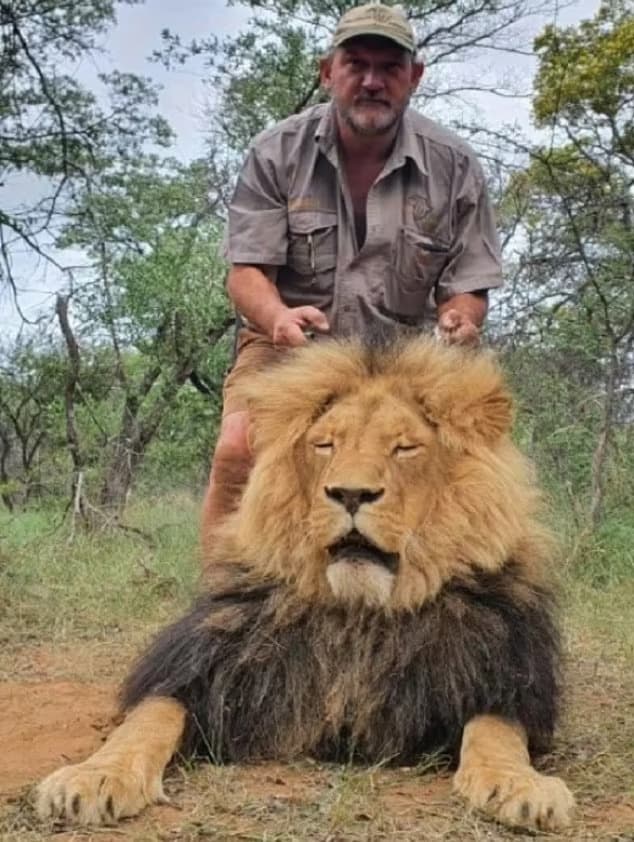
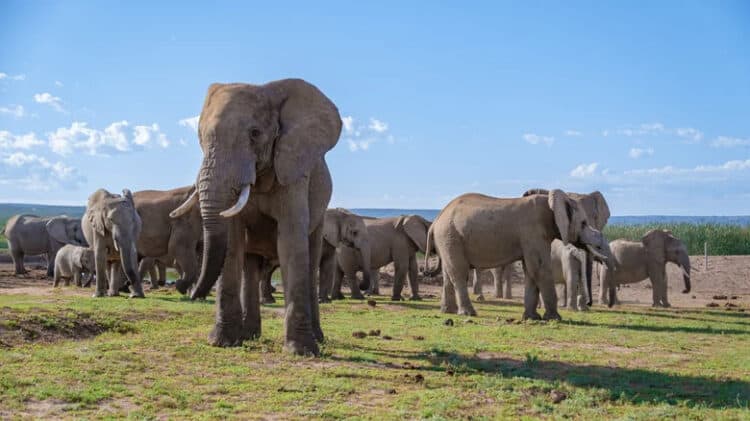
Leave a Reply